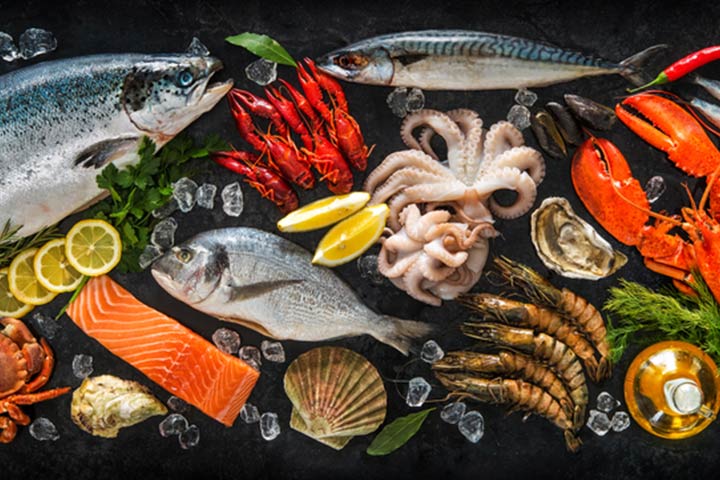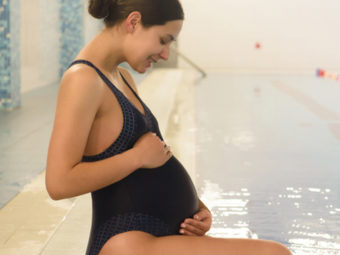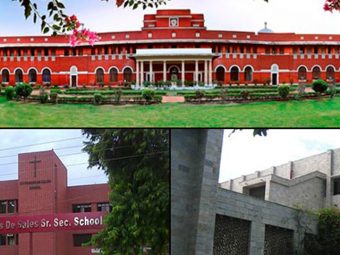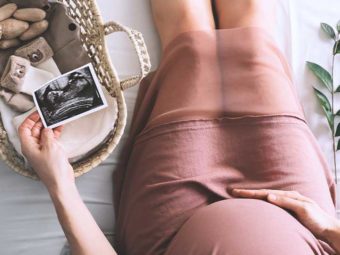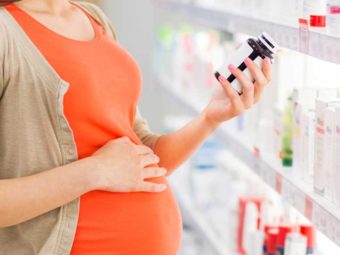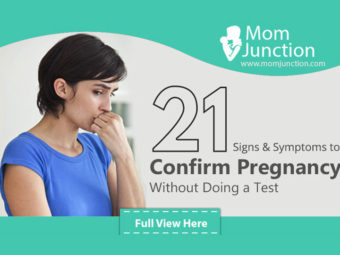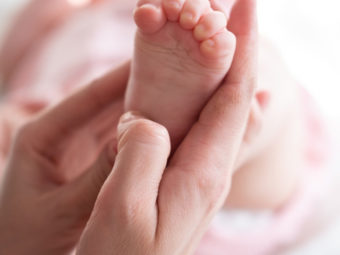
Image: Shutterstock
When you are pregnant with a life growing inside you, everything you eat and drink will be done, keeping your baby in mind. The nine months of pregnancy are crucial for the well-being of your baby. It’s important to keep yourself healthy, happy, and stress-free so that your baby will be healthy and happy. Medical professionals advise soon-to-be moms to follow a diet that benefits the mom and baby. Consult your doctor to know more about what’s best for you and your baby. However, your diet plan and care do not end once the baby is born.
Childbirth takes a toll on a woman’s body. Therefore, after childbirth, your body needs the required amount of rest and nutrition to recover. It has gone through a significant change, and the best way to replenish the energy lost during pregnancy and childbirth is to eat the right foods. Now, the question is, what is the right food for new moms who are recovering from childbirth? Scroll below to find out.
New Mom’s Nutrition Needs
Image: Shutterstock
You might no longer be eating for two, but your body still needs the required energy and food components to restore the nutrients that it has lost. There are several diets that a new mom can follow to energize her body, but the most effective one is to follow a balanced diet and nourish yourself with fruits and vegetables.
Fill half your plate with fruits and vegetables, and the other half should consist of whole grains. Include wheat, rice, and oatmeal in your diet and avoid eating processed food. It’s best to avoid foods and drinks with high levels of saturated fats, excess sugars, and salt content.
Make sure that you consume enough protein and calcium in your diet. You can include pulses, beans, soy, lean meats, eggs, and other protein-rich foods. They also help your body recover from childbirth. Try to have small portions at regular intervals throughout the day. Have more food if you’re breastfeeding.
限制你calcium intake to a low-fat dairy diet. You can have up to three servings per day. Another essential element of your diet should be iron. Women lose a lot of blood while giving birth, and iron helps restore new red blood cells in the body (1). Red meat, tofu, beans, and poultry are rich in iron. Therefore, include them in your diet.
Before you commit to a dietary plan, always consult your doctor because they know what’s best for you and your baby. They will be able to guide you with your nutritional needs aptly.
Foods New Moms Should Avoid
Now that you have a fair idea of what foods are good for you, let’s look at some of the things that you need to avoid in order to maintain good health for you and your baby:
- Alcohol
Image: Shutterstock
Consumption of alcohol should be avoided when you’re breastfeeding. However, consuming alcohol moderately, i.e., one drink per day, does not harm your baby provided you wait for at least two hours before nursing (2).
- Caffeine
Image: Shutterstock
All you mothers who love coffee, the good news is that you don’t have to give up your favorite cup of coffee. However, according to the Center for Disease Control and Prevention (CDC), it is best to limit your caffeine intake to 300 milligrams per day (3).
- Seafood
Image: Shutterstock
While seafood is delicious and rich in protein, breastfeeding mothers are advised against consuming it because it can have traces of mercury. It can be passed on to the child through breast milk, which may be harmful to the infant. Mercury exposure can affect an infant’s brain and nervous system (4). So it’s best to avoid seafood during postpartum.
Taking care of yourself does not stop when the pregnancy ends. You must continue to look after yourself, eat well, get sufficient sleep, and rest postpartum because your body needs the nutrients to recover and restore the lost energy. Always remember to consult your doctor before adhering to a diet plan. We hope this article helped you. Spread the word and share it with fellow moms-to-be and new mothers.




